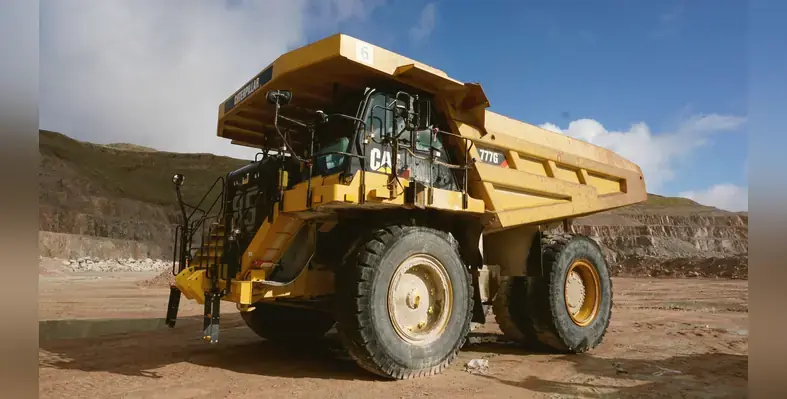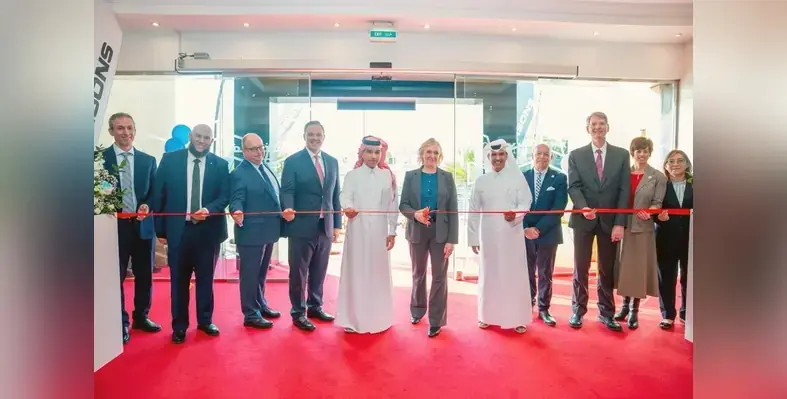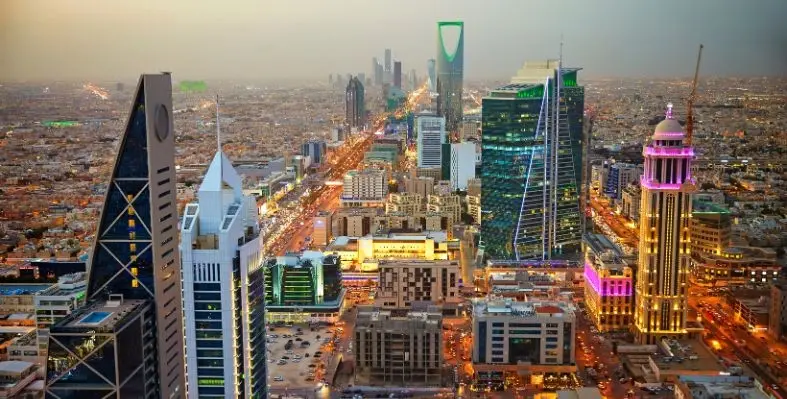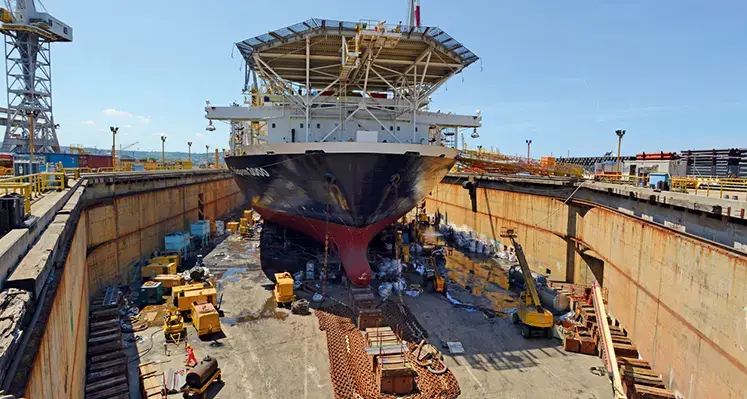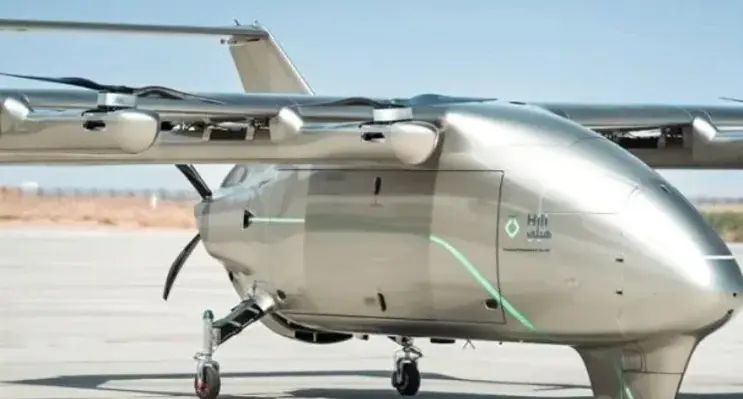UAE-based fuel technology company Fuelre4m has announced new results showing its fuel treatment can deliver consistent fuel efficiency and emissions reductions across buses, trucks, and heavy equipment operating in real-world conditions.
Independent testing led by the National Technical University of Athens (NTUA), one of Europe’s leading engineering and applied sciences universities, evaluated Fuelre4m’s technology under tightly controlled laboratory conditions using a commercial diesel engine running on standard B10 biodiesel. The tests recorded 3.5–6.7% lower fuel consumption at identical engine speed and mechanical torque, alongside consistent efficiency improvements of 15–21% in the dominant mid-load operating range of approximately 1,400–1,550 RPM.
“The laboratory result establishes a conservative baseline under fixed torque, while real-world operation allows the same efficiency improvement to reduce torque demand, improve gear behaviour, and compound over time, resulting in larger total fuel savings across a complete duty cycle. Crucially, the only variable introduced during testing was the treatment of the fuel itself, with no changes to engine hardware, electronic calibration, operating limits, or fuel specification,” Fuelre4m said.
The NTUA laboratory findings are now being reinforced by repeatable real-world trials across UAE transport and industrial fleets. These include city and intercity buses operating on Dubai service corridors, mixed fleets incorporating VDL and King Long buses, and heavy trucks and off-highway equipment operating under high-load conditions. Once sufficient fuel contact time is achieved, measured fuel efficiency improvements frequently match or exceed laboratory results. Fixed-route trials on UAE buses show directional fuel consumption reductions of approximately 14–17%, with the strongest improvements consistently appearing in the mid-RPM “working bands” that dominate urban and intercity duty cycles.
Trials were conducted across mixed fleets spanning multiple manufacturers, engine sizes, and emission standards, confirming that the benefits are not limited to a single platform or technology generation. No adverse impacts were observed on drivability, engine temperatures, or aftertreatment systems. Quarry and heavy-equipment trials, including large off-highway haul trucks, demonstrated reduced fuel consumed per unit of work, with several recording double-digit efficiency improvements while maintaining or increasing productivity.
Commenting on the findings, George Papalambrou, Associate Professor of Control Systems at NTUA, who oversaw the independent testing, said, “We were genuinely surprised by the consistency and magnitude of the mid-range efficiency improvements. The results were not isolated to a single operating point and were observed under multiple control regimes. This is a positive development not just for one sector, but potentially for all industries relying on internal combustion engines, including shipping and maritime transport.”
Rob Mortimer, CEO of Fuelre4m, said, “For decades, the industry has optimised engines around the assumption that fuel behaviour is fixed. These results show that when you improve how fuel behaves, efficiency and emissions improve immediately, using the engines already operating across the UAE today.”
Fuelre4m is expanding controlled in-service validation programmes across the UAE in collaboration with fleet operators, government entities, and industrial partners. These programmes will focus on high-utilisation routes, long-duration performance validation, and quantified emissions reduction under representative operating conditions. Further independent testing using fully instrumented dynamometer facilities is also planned to extend validation into transient operation and regulatory-grade certification environments.



